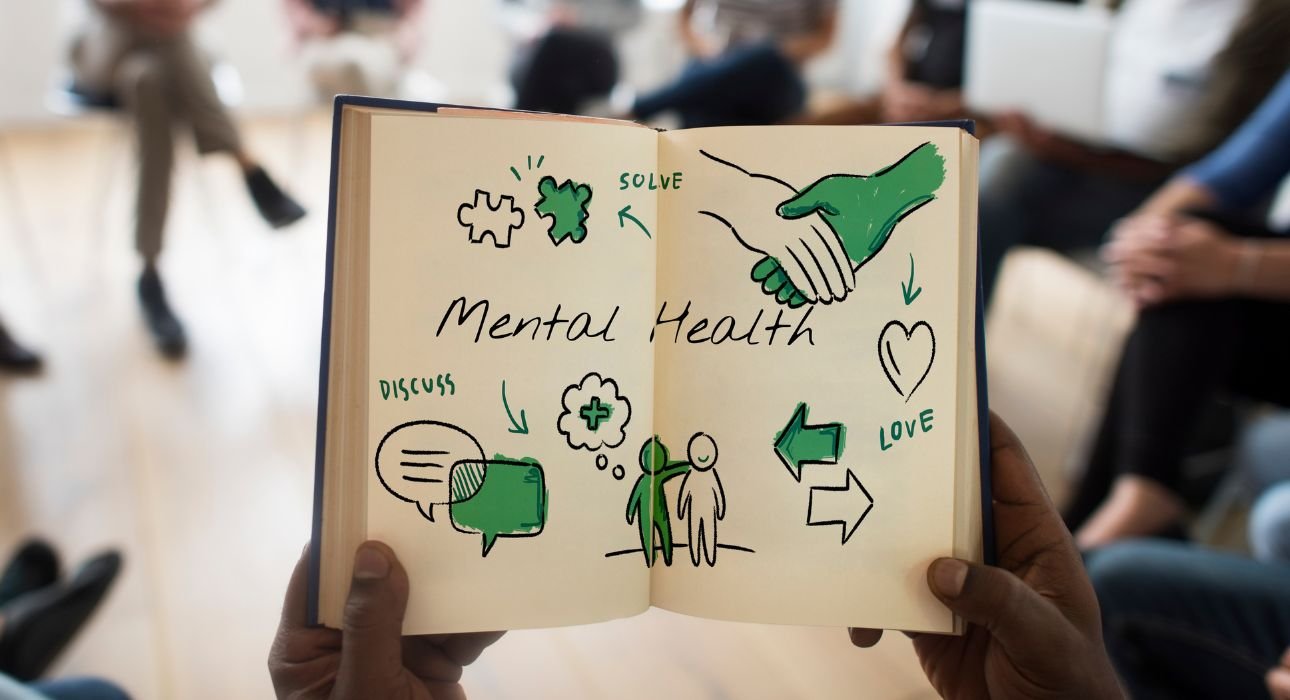The relevance of mental health has moved from the background to the front of global discourse as the world becomes more complicated. There is also mental health to consider, as well as physical health, if you’re going to live the good life. One should also be capable of handling the pressure, accomplishing their task and providing their society with valuable input. And while it has become more widely known, the fact is that getting good mental health treatment is still extremely challenging for lots of people.
Generally, this is due to stigma, high costs, or lack of resources. In order to empower brains, people must ensure that everybody has access to good therapy and support, not just a lucky few. This article will look at proactive, positive ways to make mental health treatment more widely available and create a culture that is more caring, understanding, and strong, where mental health is prioritised and supported for everyone.
Getting rid of barriers: Fighting stigma and encouraging openness
- Public Awareness Campaign: We have to start creating a big public campaign to remove the stigma around mental health disorders. Such campaigns can use various types of media (digital, print and broadcast) to spread accurate information, share success stories and emphasise that mental health is general and treatable.
- Elementary Education: Adding mental health education to school courses can create an environment for children to discuss at a young age their feelings, stress and health. It helps people become more flexible and sympathetic and reduces the possibility that the stigma will be installed later in life.
- Promoting open dialogues: Creating places where people can discuss mental health at work, in community centres or in online forums, breaks social stigma. As part of that support for people, facilitating Mental health community discussions may be very impactful in helping to create a better community among people.
Training and building capacity to grow the workforce
- Putting money into mental health professionals: Governments and businesses should put money into training more therapists, counsellors, psychiatrists, and psychologists. This includes scholarships, bonuses for specialisation, and help with postings in remote areas.
- Task-Shifting and Lay Counsellor Programs: Training community health workers, social workers and psycho-enthusiastic lay people to deliver elementary mental health interventions, psychoeducation and referrals in areas that have a shortage of specialists can serve many people.
- Bringing Mental Health Professionals to Work in Places with Too Few Services: Giving mental health professionals an additional incentive can draw them to rural and urban areas where services are scarce, whether by offering debt forgiveness programs, housing subsidies or improving the pay.
Funding and Policy: Getting the Help and Resources You Need
- More Money from the Government: Pushing for big increases in the money the government gives to mental health services is very important for building more infrastructure, training more people, and providing more direct treatment.
- Insurance coverage equality: Insurance companies cover one of the biggest cost obstacles for many people, covering mental health care at the same level as physical health care.
- Public-commercial partnership: Promoting cooperation between government, non-profit organisations, and commercial healthcare providers can use a series of resources and expertise to promote innovation and expand project benefits to more people.
- Research and Development Fund: The money invested in research allows us to understand more about various mental health conditions, find new treatment and prevention strategies and achieve better care results.
Help with crises and stopping them from happening
- 24/7 Crisis Hotline: Ensuring that 24/7, easily located, and professionally staffed crisis hotlines are available can provide immediate assistance to those who are experiencing mental health issues.
- Mobile Crisis Units: Sending mobile crisis units, which respond to mental health emergency conditions in the community and usually involve mental health experts and police officers, can help to get the air out of the sail and provide assistance on the spot.
- Suicide Prevention Programs: To prevent suicides, there must be overall suicide prevention programs with education, awareness, and services.
- Post-Crisis Support: To prevent it from occurring again and get people on the path to improvement, it is important to engage with people with follow-up treatment and longer-term support after a mental health crisis.
Empowering People: How to Establish Resilience
- Promoting self-care: Educating people about the importance of engaging in self-care practices, such as physical exercise, mindfulness, helping and hobbies; a more flexible person may be able to manage the stress of everyday life.
- Duplication skills teaching: Providing people with equipment and training them through seminars on how to cope with stress, anxiety and emotional regulation makes it possible for people to control their mental health.
- Digital welfare literacy: Educating people about good digital habits and how to manage their screen time and social media’s impact on mental health is going to be more and more important.
- Community aid network: Establishment of local support groups and informal networks where individuals can share their stories and help each other strengthen communities.
This is a complex effort to get more people to obtain mental health treatment, and the challenge requires help from individuals, communities, governments and the medical profession. And we can ensure that everyone has access to mental health care by systematically breaking the stigma, hiring more professionals, using new techniques and providing more overall care. All are important for building a culture that respects and celebrates mental health. These encompass creating an open dialogue at Mental health community discussions, securing adequate funding, and the value of self-care. It will require an enormous amount of dedication and an enormous kind-heartedness, to get there, but if we all pull together, we really can build a world where every mind can flourish.













Leave feedback about this